New plan to drive Indigenous-led blue economy, revitalize wild salmon and ensure food security
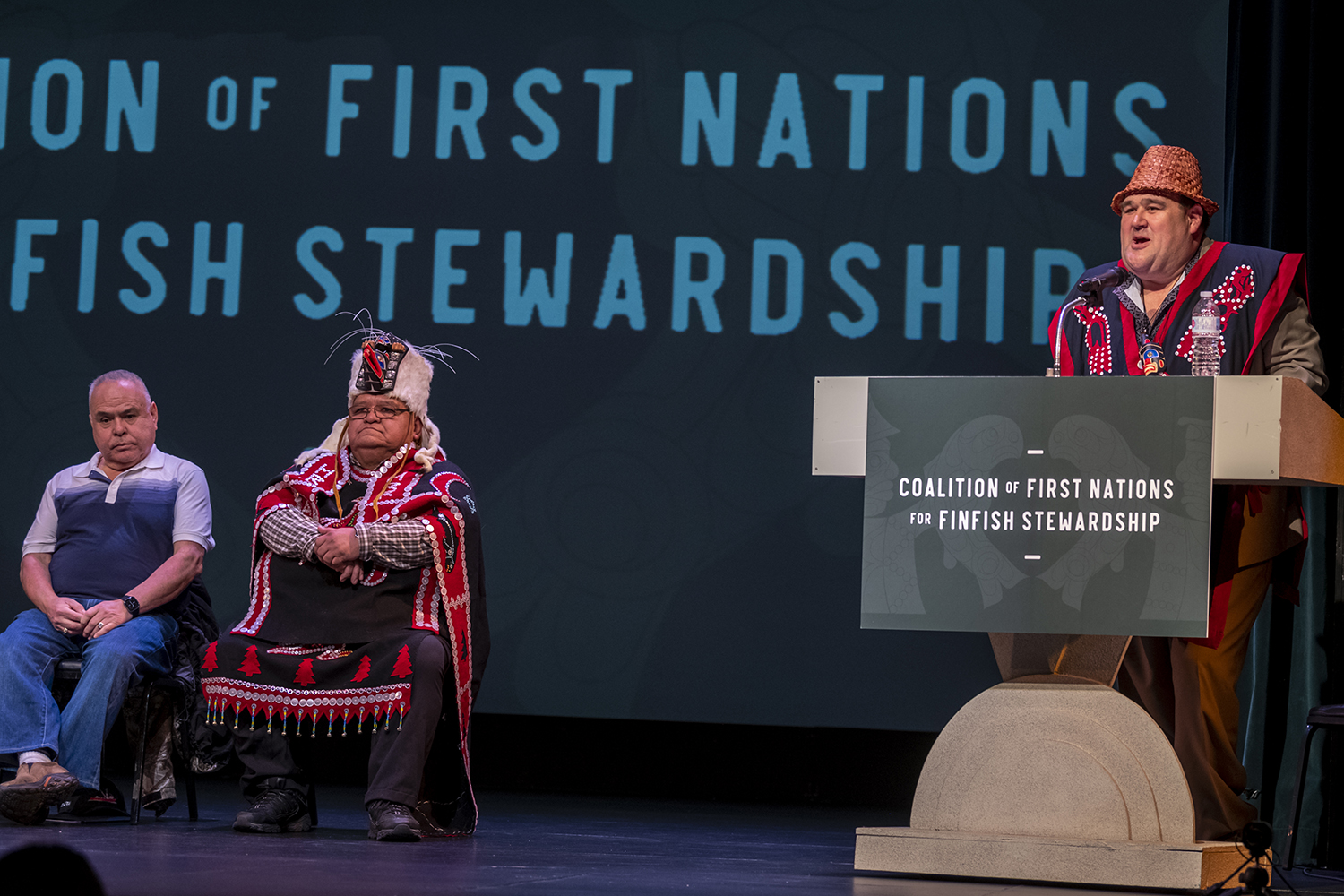
The Coalition of First Nations for Finfish Stewardship has released a new plan for in-ocean salmon farming in their traditional territories in British Columbia (BC). The Coalition says that the plan is “responsible, realistic and achievable” and will drive wild salmon rejuvenation, foster reconciliation, establish an Indigenous-led blue economy, enhance social and ecological well-being in their territories and communities and ensure food security for their communities and all Canadians.
“As conservationists, our coastal nations have traveled thousands of kilometers to Parliament Hill to present a solution to what’s been a divisive issue in BC: a real, achievable plan for salmon farming that enables our remote communities to continue to thrive socially, economically, and culturally while working to revitalize wild salmon,” said Dallas Smith, spokesperson for the Coalition. “We have proven we can be both salmon stewards and salmon farmers in our sovereign territories, and by asserting our rights and title with this comprehensive plan, we fully intend to lead this process to achieve what’s best for our communities.”
Indigenous nations that participate in the Coalition span from western and central Vancouver Island to BC’s central coast. They have been working alongside the Department of Fisheries, Oceans and the Canadian Coast Guard (DFO) and the Province of British Columbia to develop a framework to modernize salmon farming in their traditional waters.
The plan reportedly ensures that the future of salmon farming in BC is led by the nations in whose territories the farms operate while retaining good, sustainable, year-round jobs and building economic and scientific capacity in Indigenous communities. It also integrates the vision for a new Indigenous Centre for Aquatic Health Sciences (iCAHS) based in Campbell River, BC.
“Because of the work and dignity that comes with the salmon farming industry, we have had no suicides in my community of Klemtu for the past 18 years,” said Isaiah Robinson, Deputy Chief Councillor for Kitasoo Xai’xais Nation, located 800 km north of Vancouver, on the Central Coast. “My community now has 99 percent employment and 51 percent of our income comes from the salmon farming sector. It makes no sense to shut it down. There is no industry that can fill that space.”
Some First Nations are asserting their right to farm salmon, despite pending government closures
With 40 percent of the fish farms in BC closed in recent years, the Coalition said that nearly 400 jobs have already been lost, small businesses have been impacted and food bank lines are longer in communities like Port Hardy on Northern Vancouver Island. Considering the impact on remote communities, any further decision-making regarding the future of the sector “must be done so with Rightsholder Nations at the table, and with their communities top of mind,” said Smith.
“With new technology and best practices, and the guardianship and monitoring of our nations, the salmon farming industry is even more modern than it was 10 or even five years ago,” said Smith. “Salmon farmers have innovated far more quickly than any other industry I work with, and at our request. But our Nations want to keep working with the industry to truly elevate the potential of our rich marine spaces. To do that, we need the government to also partner with us and sit together at the table to implement this plan for modern, sustainable, in-ocean salmon farming that provides a realistic solution for our nations.”
The plan, entitled “Indigenous-led Finfish Aquaculture Transition Framework,” was delivered to new DFO Minister Diane Lebouthillier last week, and requires specific commitments to succeed, including:
- Government investment in territory-specific Indigenous-led science, technology and stewardship.
- Greater investment and broader, territory-specific siting and implementation of new barrier and monitoring technologies.
- The completion of social and economic impact studies in First Nations communities to understand the significance of the presence of the modern salmon-farming sector.
- Greater trust and transparency in data-sharing between DFO, industry, ENGOs and First Nations.
- The creation of a new Indigenous Centre for Aquatic Health Sciences (ICAHS) in Campbell River to unite Western science and Traditional Knowledge in modern scientific methods, as well as provide a coastal training centre for Guardian Watchmen and scientific capacity building for Indigenous communities.
- The immediate renewal of long-term salmon farm licensing (nine years) for investment security and growth.
“If Canada is going to walk the talk on true reconciliation, I think every Canadian would agree that the future of modern salmon farming in BC must be shaped by the coastal First Nations in whose territories the farms are located,” said Smith.
Now that you've reached the end of the article ...
… please consider supporting GSA’s mission to advance responsible seafood practices through education, advocacy and third-party assurances. The Advocate aims to document the evolution of responsible seafood practices and share the expansive knowledge of our vast network of contributors.
By becoming a Global Seafood Alliance member, you’re ensuring that all of the pre-competitive work we do through member benefits, resources and events can continue. Individual membership costs just $50 a year.
Not a GSA member? Join us.
Author
Tagged With
Related Posts
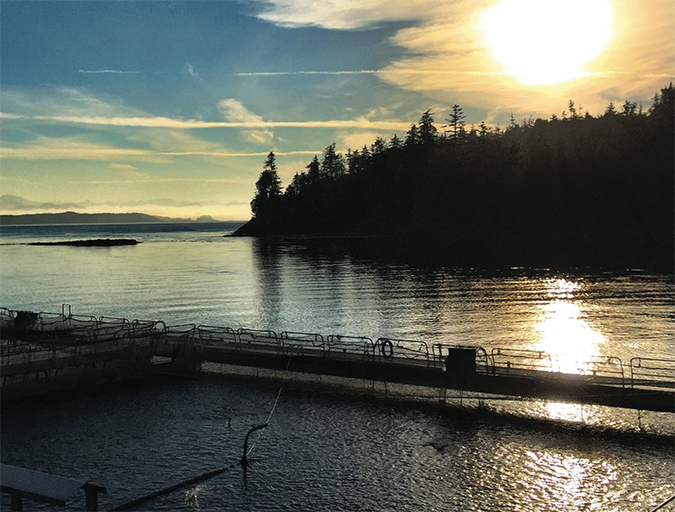
Intelligence
Report: Moving BC salmon farms to land may not be economically viable
Regulatory uncertainty, high capital cost, low ROI and few incentives were identified as hurdles to moving BC salmon farms onto land.
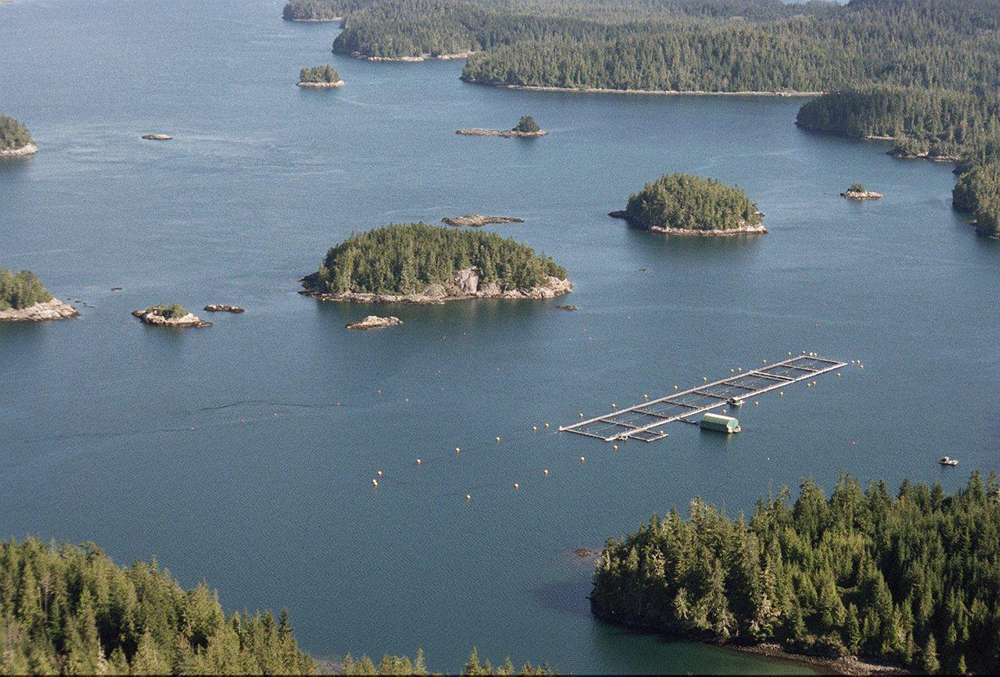
Intelligence
Aquaculture sector reacts to Canadian government’s ‘devastating decision’ to close Discovery Islands salmon farms
A salmon producers' association and a coalition of First Nations say the move ignores scientific evidence and Indigenous rights and title.
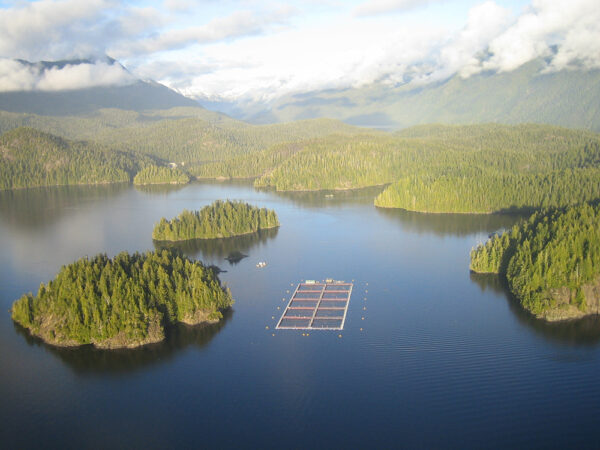
Intelligence
Federal Court rejects Canadian government’s plan to phase out BC salmon farms
The Federal Court has rejected the Canadian federal government's plan to phase out BC salmon farms in the Discovery Islands.
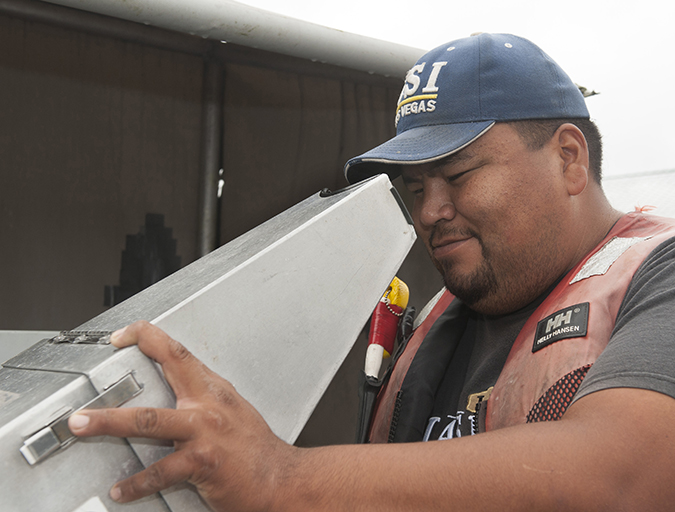
Responsibility
In Canada, salmon farmers building social license with First Nations
After some rocky times, ties between B.C. salmon farmers and First Nations, have improved in recent years. Band members report consistent employment, royalties and improved quality of life. “We need aquaculture around,” says one fishing company owner.



